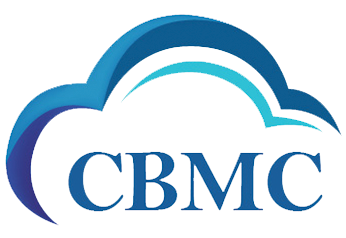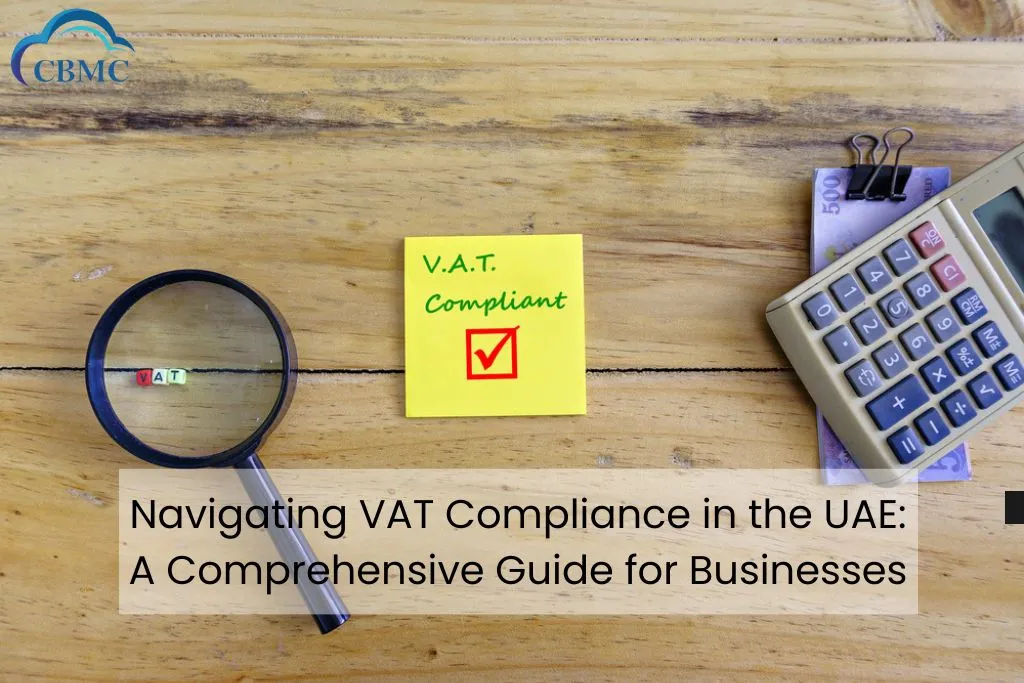According to the UAE Federal Decree-Law No. 47 of 2022 on taxation of corporations and businesses (the “Corporate Tax Law”), businesses will become subject to UAE Corporate Tax from the beginning of their first financial year that starts on or after 1 June 2023.
What is Corporate tax (CT)?
Corporate tax is a form of direct tax levied on the net income or profit of corporations and other entities from their business.
Objectives of CT:
By introducing the CT, the UAE aims to:
- Cement its position as a leading global hub for business and investment.
- Accelerate its development and transformation to achieve its strategic objectives.
- Reaffirm its commitment to meeting international standards for tax transparency and preventing harmful tax practices.
Scope
CT will apply to:
- All businesses and individuals conducting business activities under a commercial license in the UAE
- Free zone businesses (The UAE CT regime will continue to honor the CT incentives currently being offered to free zone businesses that comply with all regulatory requirements and that do not conduct business set up in the UAE’s mainland.)
- Foreign entities and individuals only if they conduct a trade or business in the UAE in an ongoing or regular manner
- Banking operations
- Businesses engaged in real estate management, construction, development, agency and brokerage activities.
Exemptions from CT
Below are the rules regarding exemptions from the corporate tax:
- Businesses engaged in the extraction of natural resources are exempt from CT as these businesses will remain subject to the current Emirate level corporate taxation.
- Dividends and capital gains earned by a UAE business from its qualifying shareholdings will be exempt from CT.
- Qualifying intra-group transactions and reorganizations will not be subject to CT, provided the necessary conditions are met.
Additionally, CT will not apply to:
- An individual earnings salary and other employment income, whether received from the public or the private sector.
- Interest and other income earned by an individual from bank deposits or saving schemes.
- A foreign investor’s income earned from dividends, capital gains, interest, royalties and other investment returns.
- Investment in real estate by individuals in their personal capacity.
- Dividends, capital gains and other income earned by individuals from owning shares or other securities in their personal capacity.
CT Rate
As per Ministry of Finance, CT rates are:
- 0 per cent for taxable income up to AED 375,000.
- 9 per cent for taxable income above AED 375,000.
- A different tax rate (not yet specified) for large multinationals that meet specific criteria set with reference to ‘Pillar two’ of the OECD Base Erosion and Profit Shifting Project.
Federal Tax Authority (FTA) will be responsible for the administration, collection and enforcement of the CT. FTA will soon provide more references and guides about corporate tax and information on how to register and file returns on its website.



